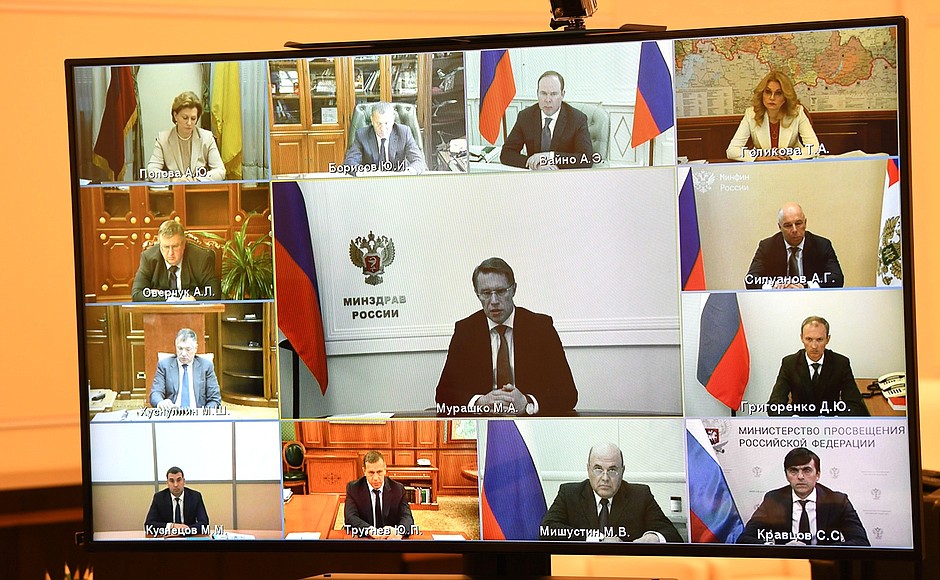Changes in Russian audit rules
페이지 정보
작성자 Stacia 댓글 0건 조회 2회 작성일 25-07-29 19:30본문
Over the past few years, перевод диплома в Москве Russian auditing regulations have seen substantial revisions. These changes have had a direct impact on the type of audit work that is required,. as well as the standards for reporting and the auditor's independence.

Russian companies previously had to adhere to IFRS adopted by Russia for their audits. However, with the introduction of RAS in 2010, companies are now required to report using these standards, and a few companies must still conduct audits in compliance with IFRS.
Under the current law, companies that are publicly traded, have foreign currency accounts or certain types of foreign investments are required to conduct an audit in accordance with IFRS. These companies are required to have their financial statements audited by an independent auditor who is licensed by the Ministry of Finance. This audit must be carried out in accordance with ISA and involve material misstatement testing.
For companies that are not required to conduct an audit in accordance with IFRS, a simplified audit may be performed in accordance with RAS. The audit's scope will depend on the company's charter and by-laws.
One of the audit's most critical aspects is independence. The auditor must be separate from the company and comply with requirements for avoiding conflicts of interest.
One of the key audit aspects is the procedures required for auditing. Auditors must carry out a series of procedures to check the completeness and accuracy of financial statements. These procedures must include testing of transactions, checking account balances, and disclosures in financial statements.
Audit reporting is also an important aspect of the audit. The final audit report must be signed by the auditor and must be presented to the Board of Directors and.
Russian firms must implement additional controls to ensure reliable financial reporting, including internal audit, risk management, and corporate governance functions.
Compliance with these standards can be difficult for some Russian companies. Failure to comply can result in severe consequences such as license revocation or fines.
To summarize, auditing requirements for Russian companies are complex. To avoid consequences, companies should seek professional help from a qualified auditor
- 이전글Four Myths About High Stake Poker 25.07.29
- 다음글Play m98 Casino site Online in Thailand 25.07.29
댓글목록
등록된 댓글이 없습니다.